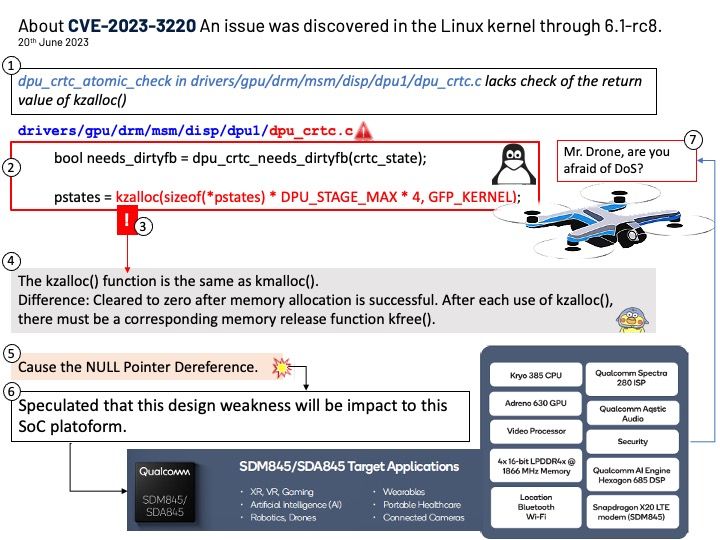
Preface: AI Engines are built from the ground up to be software programmable and hardware adaptable. There are two distinct design flows for any developer to unleash the performance of these compute engines with the ability to compile in minutes and rapidly explore different microarchitectures.
As of today, current technology are capable On-device intelligence powered by the AI Engine. Our dreams come true, the 3rd generation AI Engine enables on-device intelligence and simplifies how pictures and videos are taken.
Background: The Qualcomm Robotics RB3 development kit includes the purpose-built robotics-focused DragonBoard™ 845c development board, based on the Qualcomm® SDA845 processor and compliant with the 96Boards open hardware specification to support a broad range of mezzanine-board expansions.
The development board supports Linux and Robotics Operating System (ROS), while also including support for the Qualcomm® Neural Processing software development kit (SDK) for advanced on-device AI, the Qualcomm ® Computer Vision Suite, the Qualcomm ® Hexagon DSP SDK, and AWS RoboMaker.
Vulnerability details: An issue was discovered in the Linux kernel through 6.1-rc8. dpu_crtc_atomic_check in drivers/gpu/drm/msm/disp/dpu1/dpu_crtc[.]c lacks check of the return value of kzalloc() and will cause the NULL Pointer Dereference.
Ref: The kzalloc() function is the same as kmalloc().
Difference: Cleared to zero after memory allocation is successful. After each use of kzalloc(), there must be a corresponding memory release function kfree().
Official announcement: For details, please refer to the link – https://nvd.nist.gov/vuln/detail/CVE-2023-3220